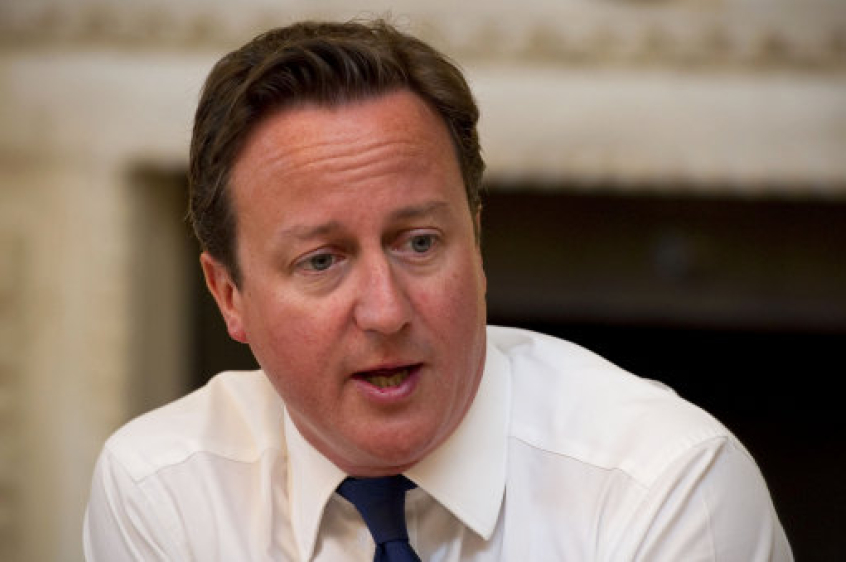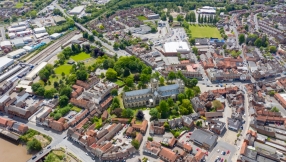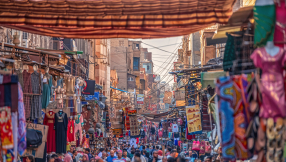
Pope Francis and David Cameron have exchanged letters on the G8 summit taking place this week in Northern Ireland.
In a letter to the Prime Minister, Pope Francis called for a human-centred global economic and political system.
He said it was necessary that all political and economic activity "makes reference to man" and with "particular attention to the poorest".
"The priorities that the British presidency has set out for the Lough Erne Summit are concerned above all with the free international market, taxation and transparency on the part of governments and economic actors," he wrote.
"Yet the fundamental reference to man is by no means lacking, specifically in the proposal for concerted action by the Group to eliminate definitively the scourge of hunger and to ensure food security."
The Pope spoke of the urgent need for peace particularly in the Middle East and Syria, as he highlighted the link between conflict and hunger, and gender violence.
With Syria high on the G8 agenda, the Pope said he hoped the summit would bring an "immediate and lasting ceasefire" and bring all parties in the conflict to the negotiating table.
He went on to speak of the need to include ethics in economic thought and action, echoing the view of his predecessor Pope Benedict XVI that the present crisis "shows that ethics is not something external to the economy".
"Concern for the fundamental material and spiritual welfare of every human person is the starting point for every political and economic solution and the ultimate measure of its effectiveness and its ethical validity," he said.
This meant, he continued, ensuring that people are able to live in dignity and freedom.
"The goal of economics and politics is to serve humanity, beginning with the poorest and most vulnerable wherever they may be, even in their mothers' wombs."
He called for a "courageous change of attitude" to restore the human person to the heart of the economy.
He concluded: "Money and other political and economic means must serve, not rule, bearing in mind that, in a seemingly paradoxical way, free and disinterested solidarity is the key to the smooth functioning of the global economy."
In a letter to the Pope earlier in the month, Mr Cameron said he was determined to ensure the G8 agenda would lead to "real benefits for the global economy and will help people in developed and developing countries alike".
He said he would be seeking to restore strong and sustainable growth to the economy "by practical action on fairer taxes, freer trade, and greater transparency".
This included, he said, the promotion of a new global standard for automatic information exchange between tax authorities, clamping down on the use of tax havens, and working with law enforcement agencies.
The Prime Minister said he would also use the G8 presidency to see real progress on tackling food and nutrition insecurity.
"As President of the G8, I aim to help secure the growth and stability on which the prosperity and welfare of the whole world depends," he wrote.
"To do this, we must tackle the conditions that cause poverty, stiffen the sinews of responsible capitalism, and strengthen governance and transparency."













